Three Things You Need to Know About Beauty Supplements
We speak to a doctor and brand founder to get useful tips on how to be a savvy consumer when it comes to buying beauty supplements
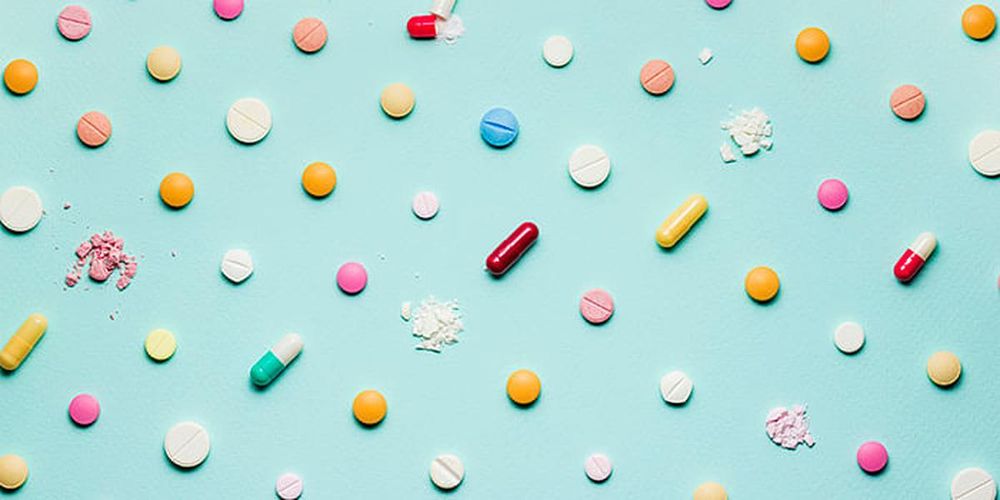
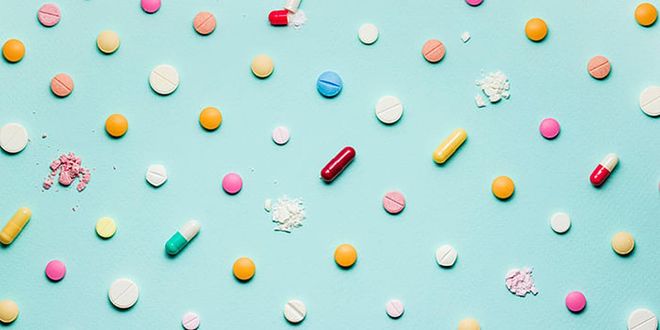
Photo: Getty
In case you haven’t heard, there were several cases recently of women who took weight-loss supplements that led to dire health consequences – one of them lost consciousness and had to be resuscitated to save her life, another suffered severe heart failure and has to take long-term medication, and one more developed suicidal thoughts from the heart palpitations and insomnia caused by taking the supplements – as reported by local media.
Because of the health implications, the Health Sciences Authority (HSA) had to issue an alert to urge consumers not to buy or consume these weight-loss supplements (they listed the products specifically by name) because they contained “undeclared potent medicinal ingredients, including a banned substance for weight loss and a potent steroid”.
The news, though not the first of its kind (nor last, we are quite sure), sounds scary. So it begs the question: how do you know if the beauty supplement you are taking, or intending to take, is safe? We checked in with experts, who offered us advice on a few things to look out for and the three things you need to know about beauty supplements.
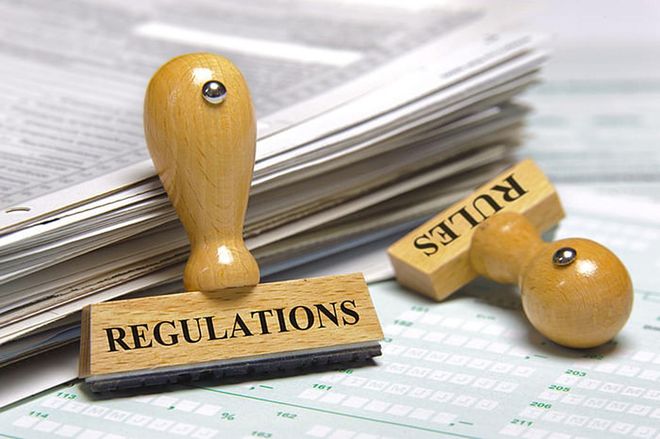
Photo: Shutterstock
1. Beauty supplements are not regulated in Singapore
It’s a shocker, we know. But because they are not prescriptive medication, the Health Sciences Authority (HSA) does not regulate the sale of health supplements (beauty supplements in under this broad category too). Its website states clearly that “health supplements are not subject to approvals, licensing, and evaluation for effectiveness of the products. The onus is on dealers to be ethical, accurate and honest in claims”. This means if someone really wants to, they can take a bunch of green tea leaves, repackage it and then sell it to you as a “slimming” or “detox” tea. Sure, this may be an over-simplified example, but the idea is that anyone can market any product as a health supplement, if they are unethical enough to do so.
What you can do
Shinji Yamasaki, CEO of local beauty brand Re:erth, recommends making sure that the supplements you buy are made in reputable countries. “Countries such as Japan, the US, Germany and Australia have strict regulations on the ingredients of supplements. The more stringent the governing body of the country of manufacture, the ‘safer’ the product is, in general,” he explains.
Also, getting your health supplements from credible suppliers or brands are generally safe too, says Dr SK Tan, medical director at IDS Clinic. Be wary if the products claim to have a ‘therapeutic’ effect – such as slimming or weight-control, says Dr Tan, who’s also the Chief Scientific Officer and co-founder of IDS. “Scrutinise the ingredients list and, if possible, consult a doctor before ingesting these supplements.”
Related article: All You Need To Know About Forest Bathing, The Latest Wellness Trend In Singapore
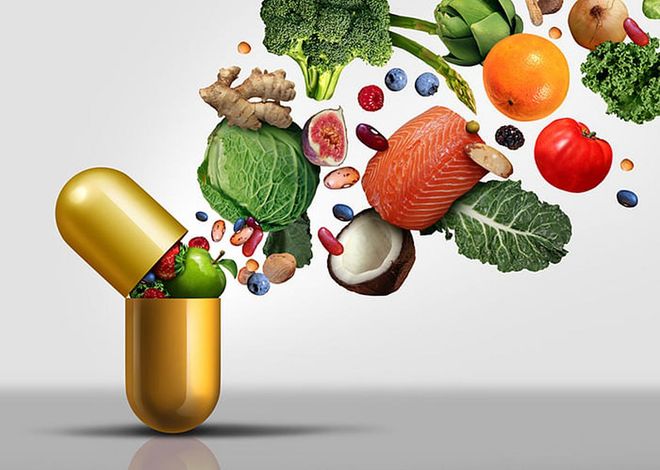
Photo: Shutterstock
2. Supplements which are labelled ‘natural’ do not guarantee the product’s safety
“There are plenty of natural ingredients, extracts and products that are not safe,” says Shinji, “Using an extreme example, pure heroin is 100 per cent natural – but it is definitely not safe.” Nor legal, if we may add. “And each person’s tolerance to different ingredients also varies, especially if you are nursing or pregnant.”
What you can do
Look through the ingredients list and do your own research on whether they are safe – and in what amounts. For example, if there is vitamin A in the supplement, it should not exceed 1.5mg or 5,000IU per daily dosage, according to the HSA. Make sure the information you get comes from reputable sources, such as government websites and health advisory institutions. “New effective ingredients may not be used commonly elsewhere, so the information may not be as readily available. Check the manufacturer’s site or ask if they have documentation from reputable organisations (such as universities, scientific institutions, etc). See if the papers explain exactly how the ingredient works to give the results. Look out for things such as patents for ingredients and the manufacturer of the ingredient – and not just broad claims of what the supplement is touted to do,” advises Shinji. And when in doubt, it’s always advisable to get a doctor’s advice, especially if you are nursing or pregnant.
Related article: What We Can All Learn From Gwendoline Christie’s Game Of Thrones Training Schedule
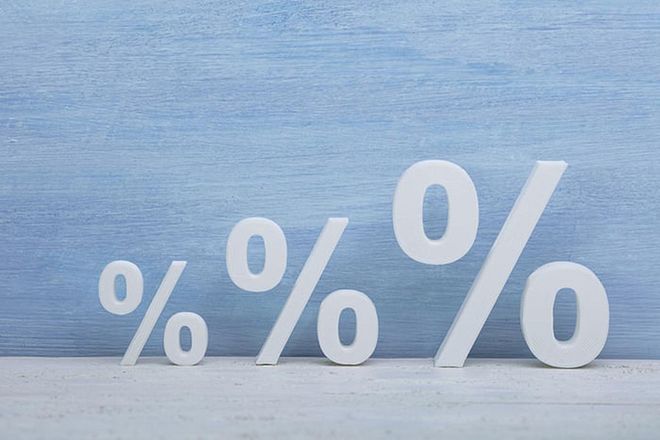
Photo: Shutterstock
3. Exaggerated claims are often red flags
The HSA’s website says that there is no such thing as a 100 per cent safe product or one that claims it has no side effects, even if it’s made with natural ingredients. And exaggerated claims that say you can lose 1kg per week (you need to run 74km for that to happen, by the way – that means a 10km jog every single day, OK?) or turn your skin tone five shades lighter (skin tone is determined by genetics and there’s no way of naturally lightening your skin) are, more likely than not, lies.
What you can do
Be a savvy consumer. Beware of words and terms such as “miraculously”, “guaranteed”, “World’s best”, “No. 1” and “quickly and effectively”. These are misleading and most likely do not have substantial scientific data or studies to back up the claims that follow.
Another thing you should note: “Most credible manufacturers will issue warnings on the labels if and when necessary. For example, if an ingredient in the health supplement gives rise to potential dangers when taken with certain prescription drugs, a credible manufacturer will list it on the bottle,” says Dr Tan. He gives the example of “St John’s Wort”, an over-the-counter ‘mood-enhancer’ or anti-depressant. “This ingredient has interactions with several prescription drugs and may either lower the efficacy or potentiate the action of the drugs, so it should be stated on the bottle as so.”
Related article: Gardening Is Just As Good For You As Going To The Gym